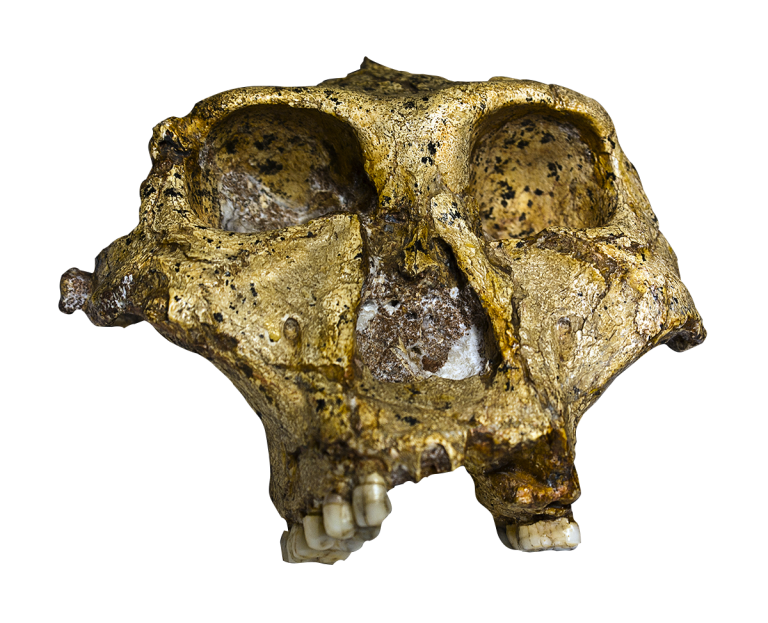New craniodental fossils of Paranthropus robustus from Kromdraai, South Africa
20 April 2024
Since the initial discovery of Paranthropus robustus at the site of Kromdraai in 1938, the hypodigm of this species has been expanded by subsequent work at the localities of Swartkrans and Drimolen, with a few fossils also known from Cooper's D, Gondolin and Sterkfontein Member 5

Since the initial discovery of Paranthropus robustus at the site of Kromdraai in 1938, the hypodigm of this species has been expanded by subsequent work at the localities of Swartkrans and Drimolen, with a few fossils also known from Cooper's D, Gondolin and Sterkfontein Member 5. Beginning in 2014, systematic excavations at Kromdraai uncovered a large and previously unknown fossiliferous area, shedding light on Units O and P in the earliest part of the site's stratigraphic sequence. The aim of this paper is to provide detailed descriptions and illustrations of 30 P. robustus craniodental specimens recovered between 2014 and 2017 within the Unit P deposits at Kromdraai. This new sample predates all prior conspecific specimens found at this site (including the holotype of P. robustus from Kromdraai, TM 1517). Its basic dental morphology dimensions and cranial features are compared in a preliminary analysis with other P. robustus samples. The P. robustus sample from Kromdraai Unit P documents previously unknown portions of the P. robustus juvenile cranium. The new dental and cranial remains aid in the exploration of potential morphological distinctions between site-specific P. robustus samples and are compared favorably in size and morphology with the small P. robustus specimens from Drimolen (e.g., DNH 7). These findings do not support the hypothesis that the specimens from Drimolen belong to a different taxonomic group. Instead, they reinforce the presence of a significant degree of sexual dimorphism within P. robustus. The Kromdraai Unit P specimens also contribute to the biodemographic profile of P. robustus. The notable prevalence of infants (i.e., juvenile individuals before the emergence of their first permanent molars) mirrors the natural mortality profiles observed in wild chimpanzees. This suggests a closer resemblance in the processes of accumulation in Kromdraai Unit P and Drimolen than at Swartkrans.
José Braga, Frederick E. Grine
 Close
Close

